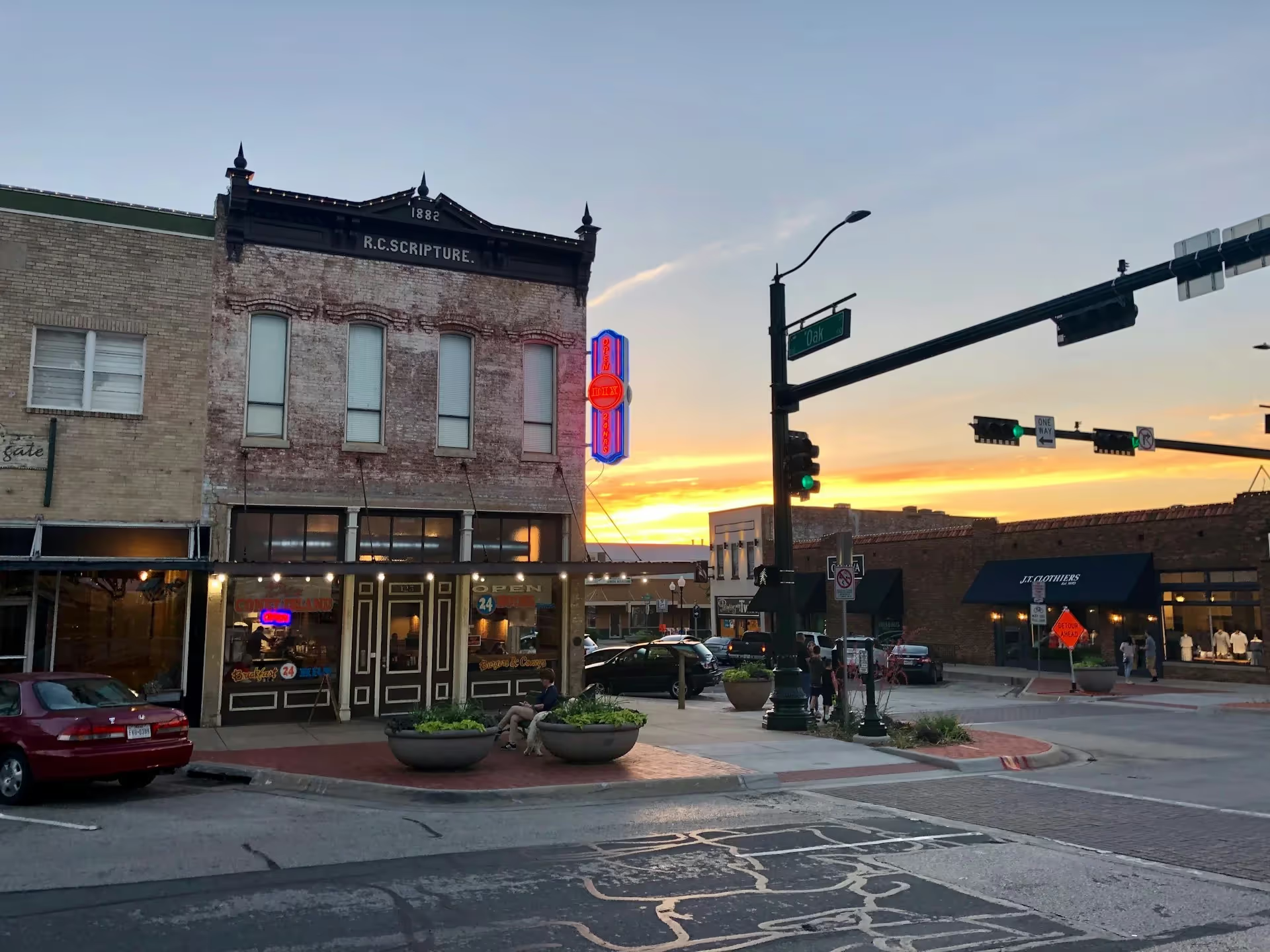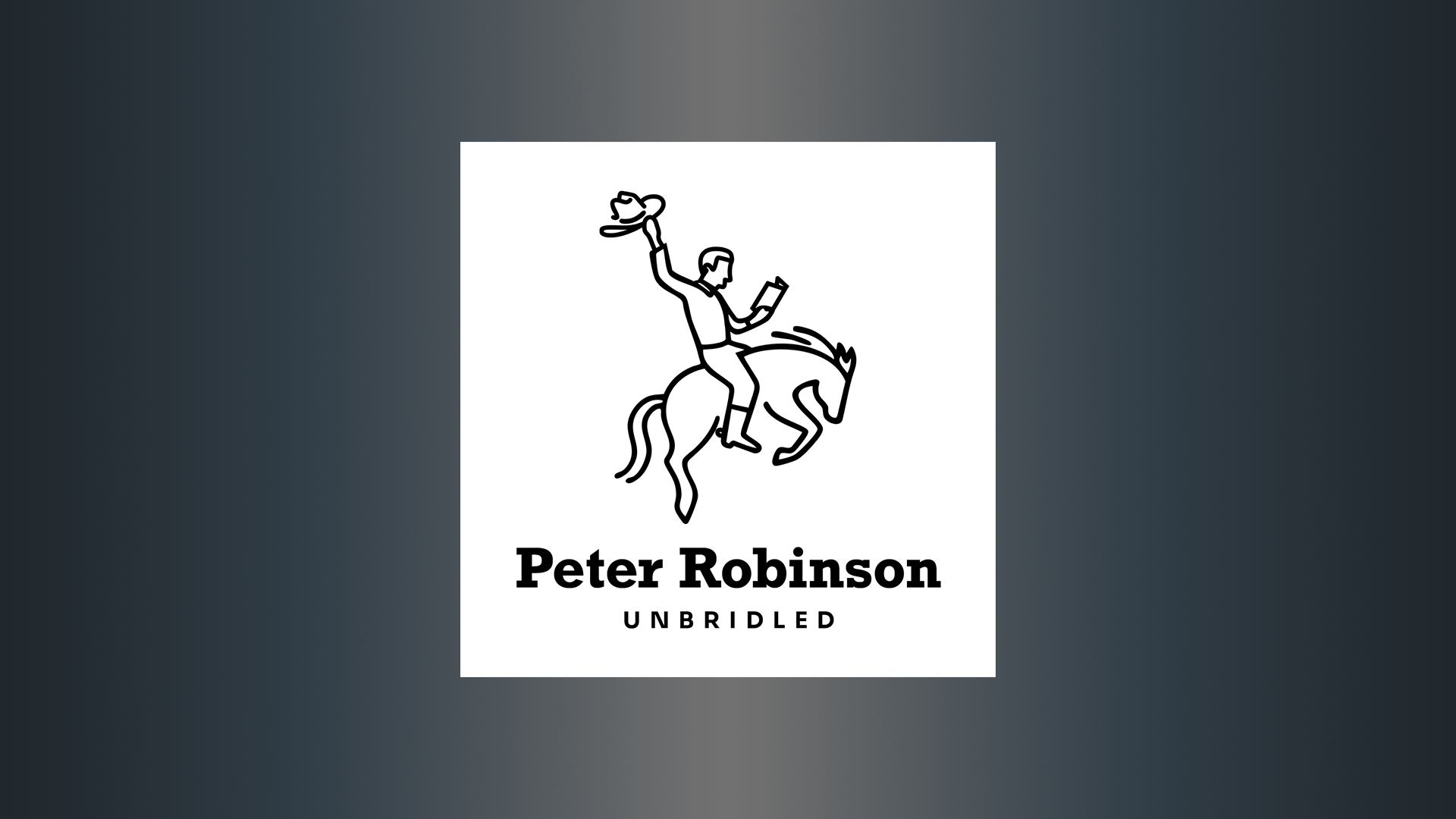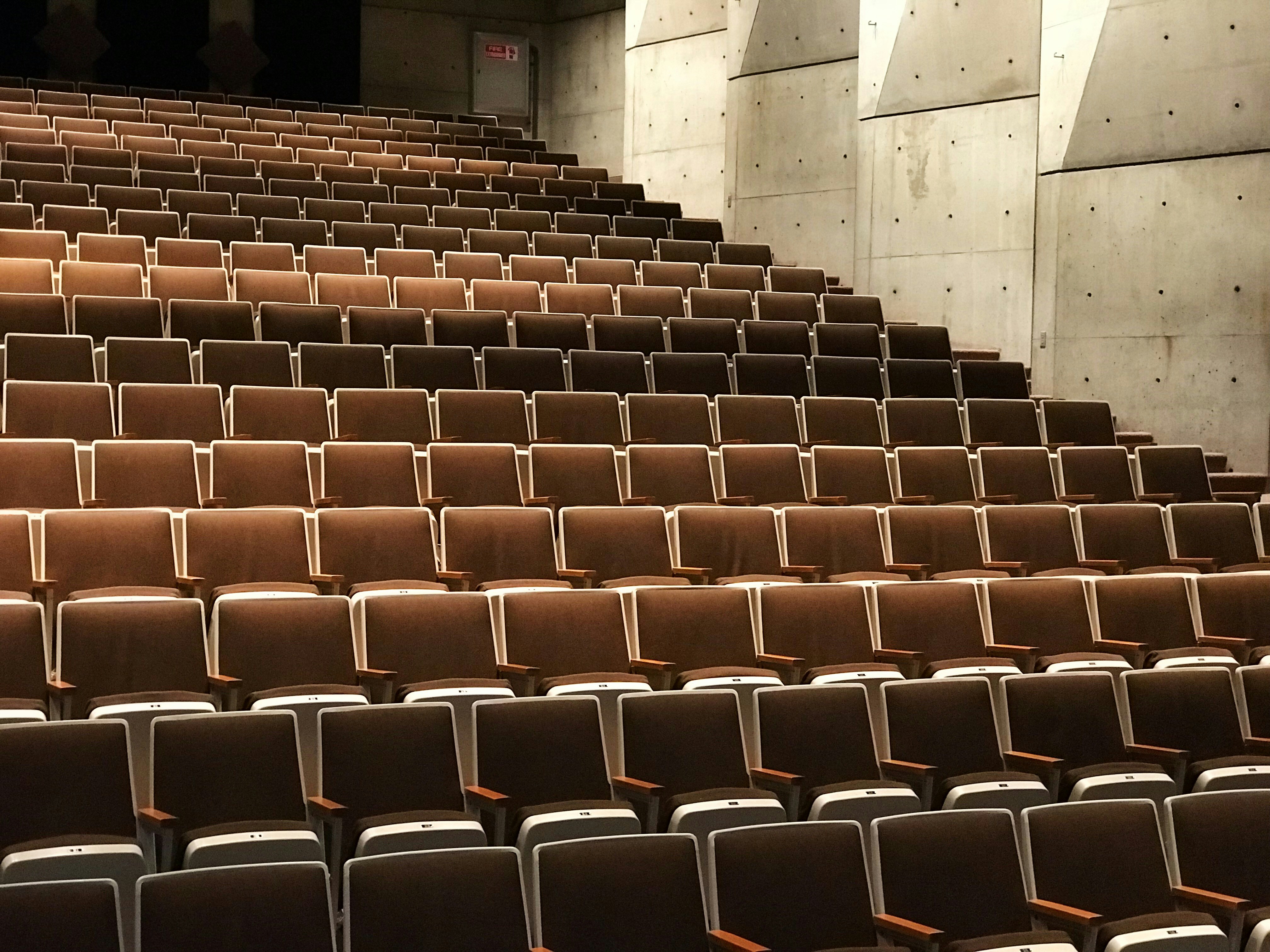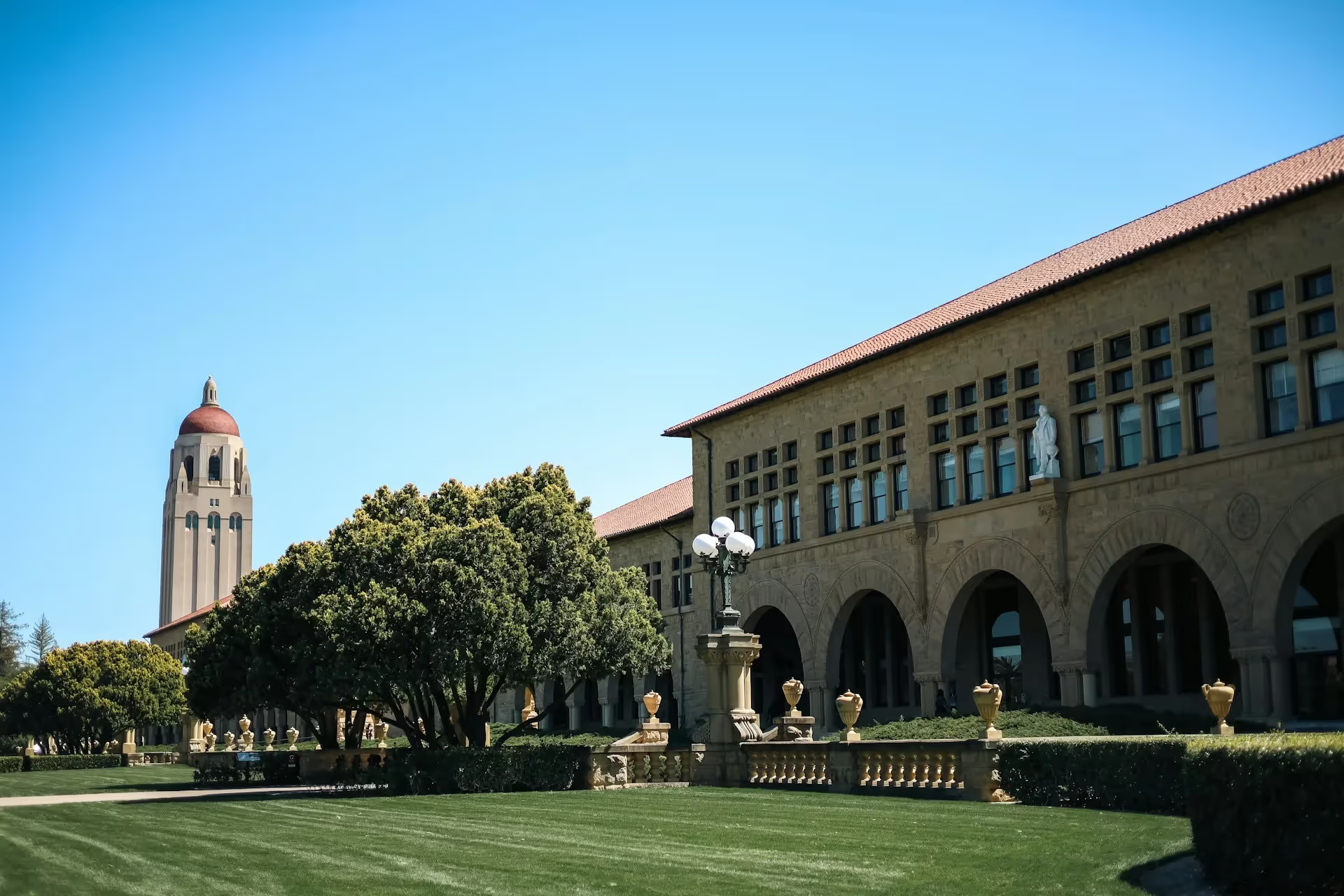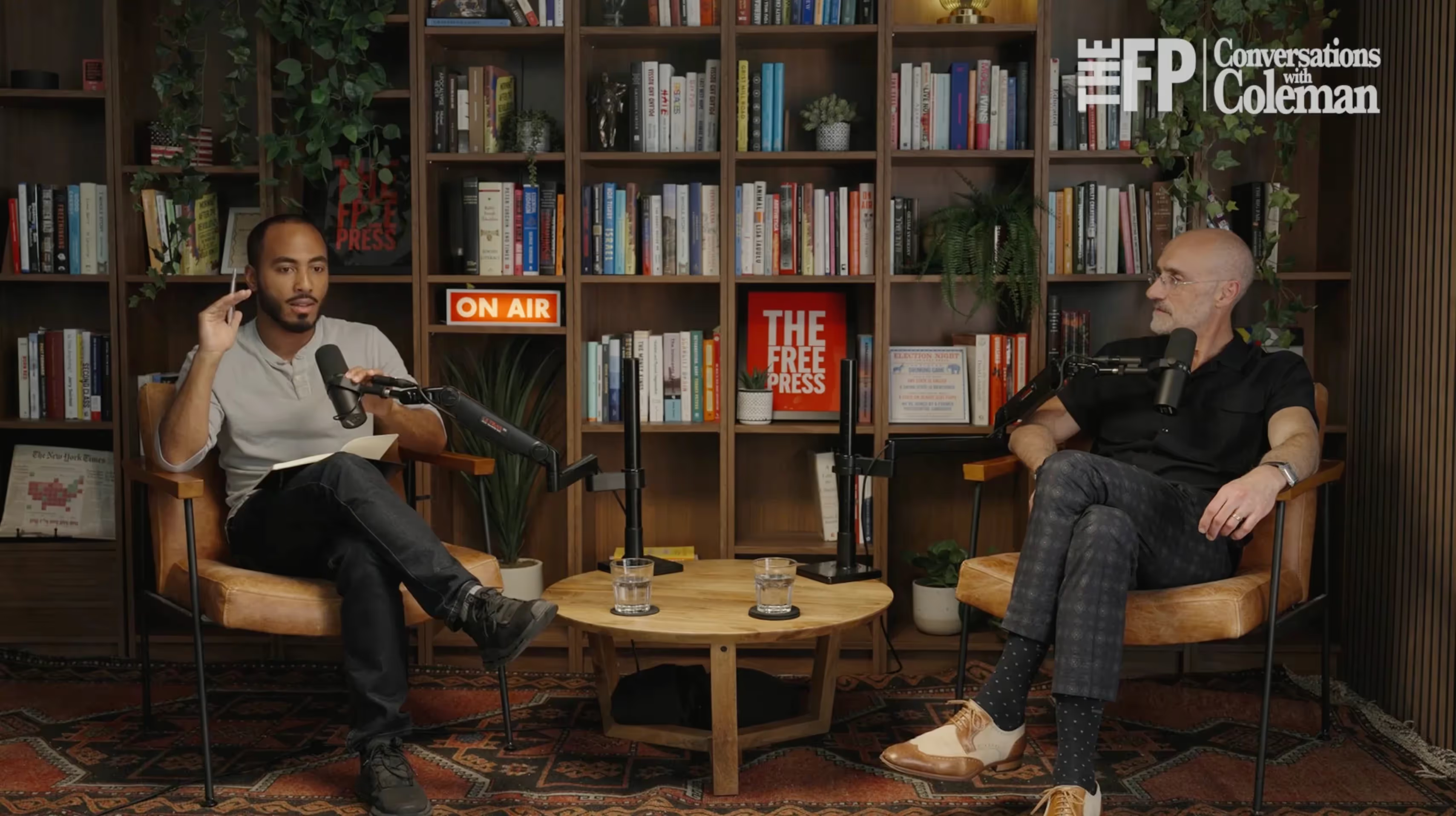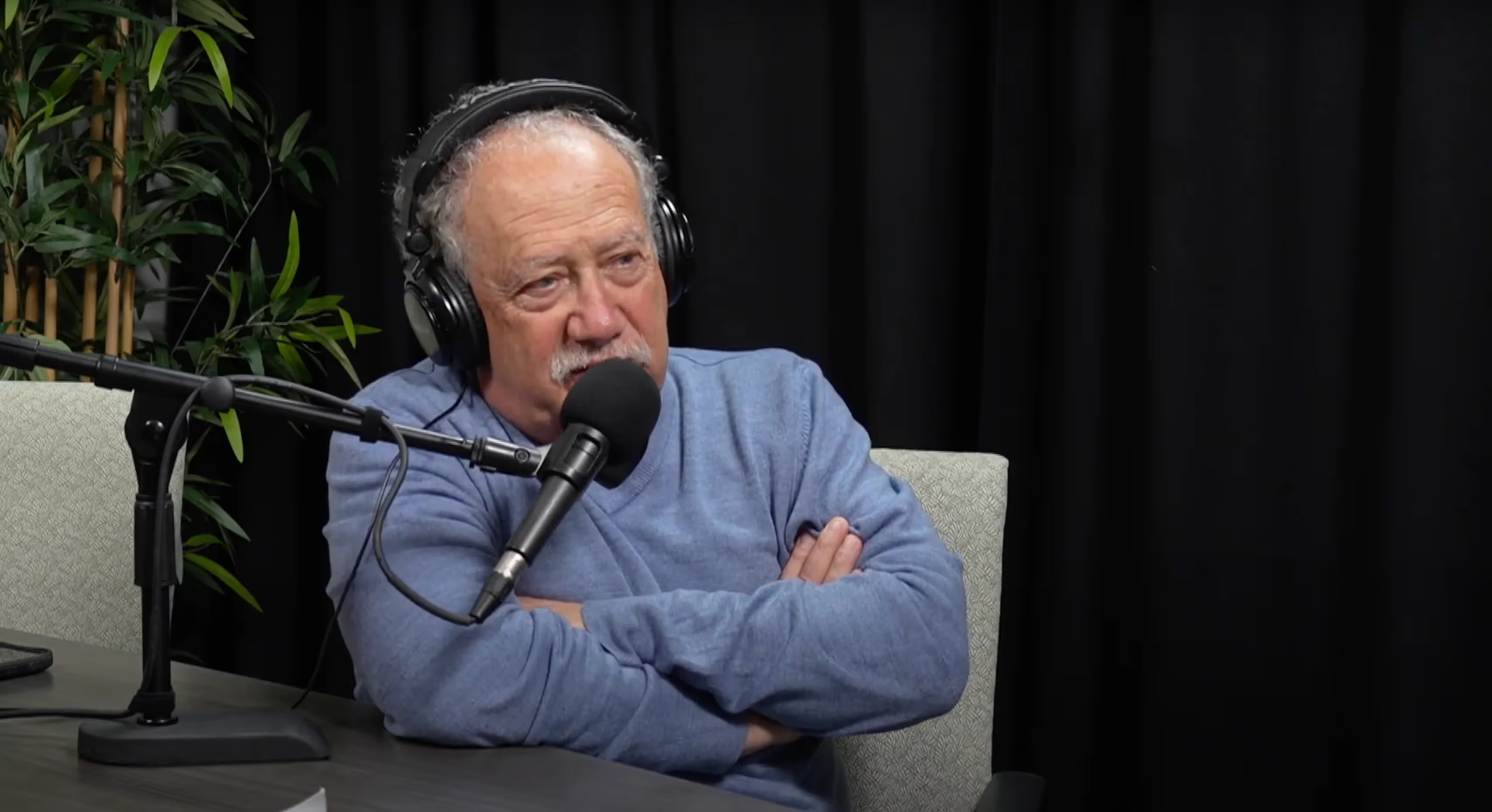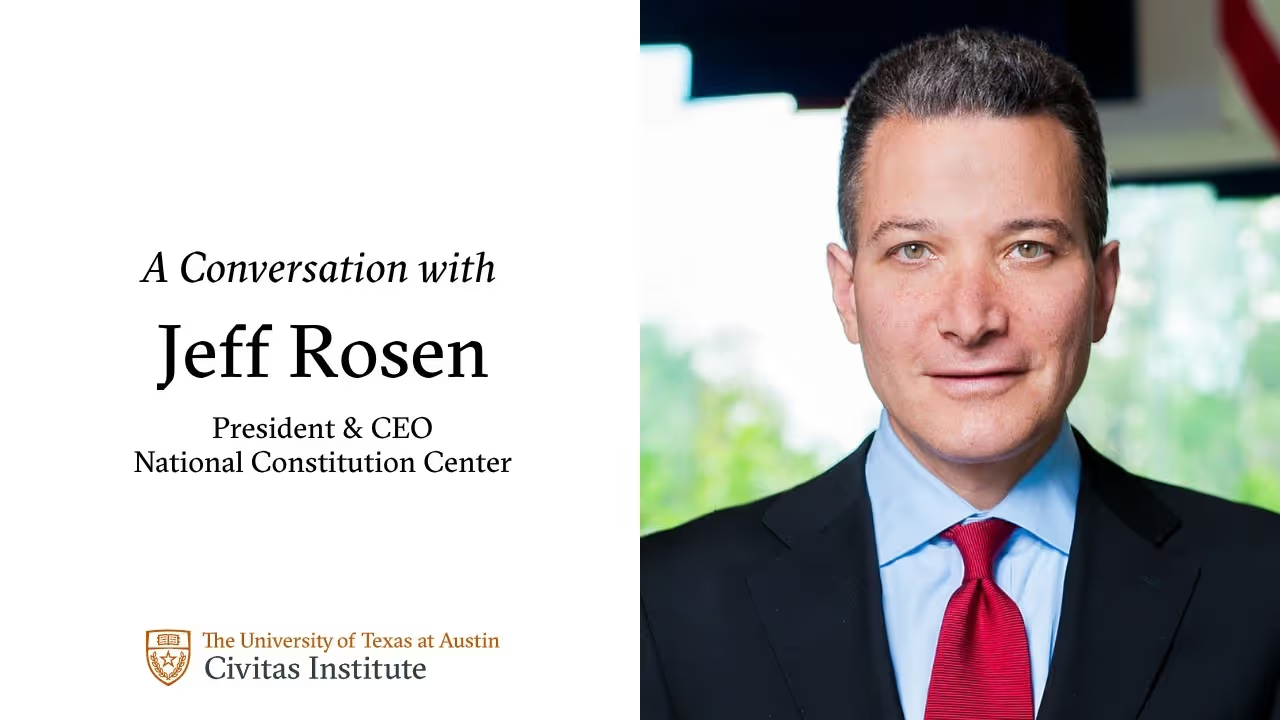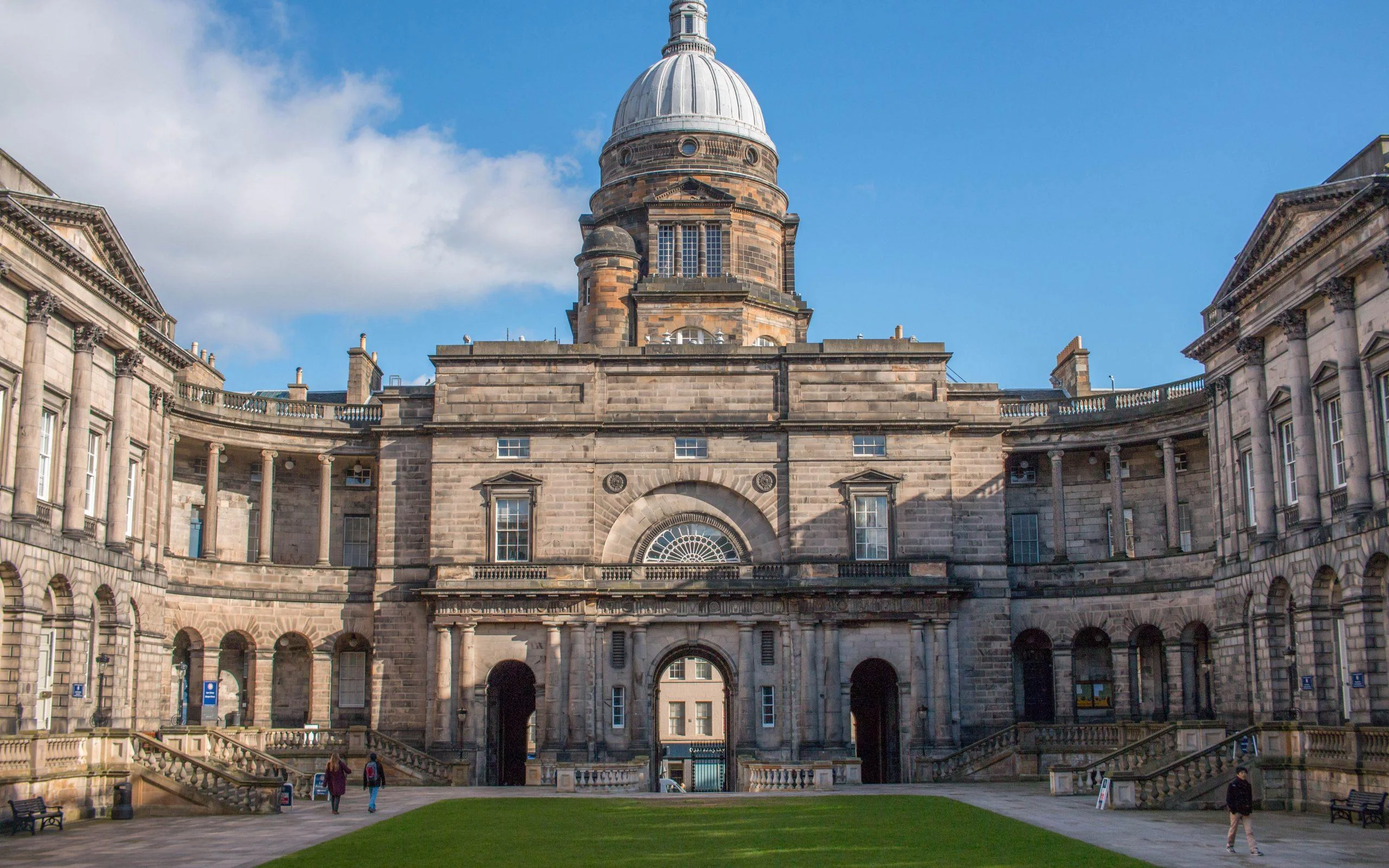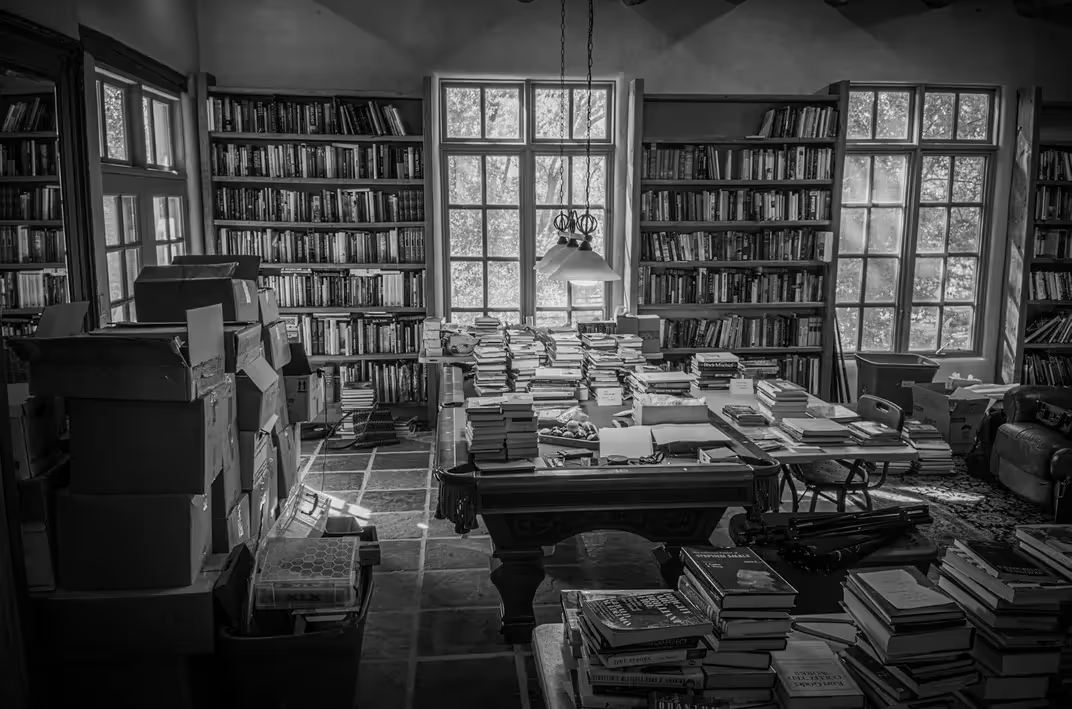
Cormac McCarthy's Western Canon
Discussing the perennial questions with Cormac McCarthy.
The death of the novelist Cormac McCarthy revealed a great American library to the public. As a recent essay in the Smithsonian Magazine details, the famously private writer was a hoarding reader of at least 20,000 books, which crowded the halls of his Santa Fe estate.
This comes as no surprise. Of his few public remarks about his writing process, one was, “read,” and the other, “the ugly fact is books are made out of books.”
Among those books examined by scholars were the great works of the Western canon. Dostoevsky, Faulkner, Hemingway, and thirteen copies of Melville’s Moby Dick, all heavily annotated. And not only, or even primarily, the greats of literature. There were 142 books by or about the philosopher Ludwig Wittgenstein, works on Kierkegaard, books of high mathematical theory, and likely many more on any other philosopher worth reading.
Again, this should not surprise. Along with his supernatural diction, McCarthy’s use of that diction to dwell on the deepest questions that have troubled the West is why some critics have called him the last Great American novelist. And last because the problems which concerned him—the decline of faith, meaning, and any sense of order in the world, the powerlessness of language and culture to stop it, the imminent shadow of death due to technology or some other catastrophe—suggest the West was, for him and his critics, on the verge of extinction. Throughout his works, allusions to Schopenhauer and Spengler are as frequent as those to Dostoevsky.
One book, The Sunset Limited: A Novel in Dramatic Form, puts these concerns center-stage. (It was later adapted to screen on HBO). The title itself is a philosophical paradox. It connotes the decline of the Good—the Sun, long since Plato an image of the Good, is setting—yet it’s limited, somehow. How do you keep the sun from setting? Well, the plot begins with just that. White, a suicidal humanities professor, is kept from ‘taking the Sunset Limited,’ jumping in front of a train, by Black, a former convict who’s found Jesus and made it his life’s vocation to help others in the slums of New York City. The play consists of one scene, Black and White talking over coffee, Black trying to convince White that his life is still worth living, the world lovable enough not to deny, with White kicking against the pricks of Black’s efforts.
The form of their conversation resembles a Platonic dialogue. Its arc moves from a beginning question upward through dialectic and storytelling, reaches an apparent highpoint of sudden clarity (I’m not telling you where), then tumbles back down from the heights to an aporetic end. Throughout their talk, they address such matters, implicitly and explicitly, of what the Good, True, and Beautiful—the Platonic trifecta—really are.
The arc of their debate reflects not only the fates of White and Black, but also the intellectual fate of the West. White no longer wants to live because the “cultural things” that he so valued—the Western canon of literature, art, thought, “the foundations of civilization”—all “went up in smoke in the chimneys at Dachau.” Black tries to show White he can live again, if only he gives up his isolating intellectual pretensions to see the “light” and love his neighbors. Is education killing White? Can Black’s lack of education still speak to White? Ultimately, this is a matter not just of life or death, but of reason or revelation, Athens or Jerusalem.
For this reason, The Sunset Limited has been an excellent book to study with college students. When I taught at Baylor University—a Christian school whose mission, they’ll always tell you, is to meet the high demands of reason as well as faith—each semester I held a seminar with Honors students on this dialogue. It was especially apt for these students, who had been told so often that faith and reason are harmonious that this wisdom was in danger of turning into prejudice. But with Black and White and me, students could face the question of whether reason is ultimately autonomous from faith, or even incompatible with it. Does faith, not just in God, but in the light of goodness and beauty in the world, demand giving up one’s intellect, this side of catastrophes like the Holocaust or the atomic bomb? Is the life of the Western mind truly worth it, if it couldn’t keep those atrocities from happening, and seems to inspire depression more than enlightenment? And is faith, whatever its nice sense of hope, equipped with the intellectual tools to convince reason not to ‘take the Sunset Limited’?
Most students first answered these questions with stock opinions—either from the side of faith or reason. But as we focused on the text, heard the lines of White and Black, got to know their characters, these stock answers faded away as students got more compelled by these men as people, and discovered their stances as choices that could determine their own ultimate fates, both in their education at Baylor and also in their lives ever after.
Cormac McCarthy isn’t known as an optimist. Nor can one call the plot of The Sunset Limited hopeful. But my students’ experience with its dialogic form gives me great hope. (For one thing, I owe the view that this book resembles a Platonic dialogue to the sudden insight of one of my students.) By reading and conversing with a text on the very open question of the Western intellect’s fate, we learned to listen with charity, to take a side on this page while changing our mind on the next, and ultimately to find ourselves implicated in the big choices we make with how we learn and lead our own lives. Will we choose reason or revelation? Are these choices even incompatible? What will we do, this side of the Sunset Limited?
Leo Strauss once wrote that the “secret of the vitality of Western civilization” was the “unresolved conflict” between reason and revelation, theology and philosophy, Athens and Jerusalem. For this conflict inspires questioning as well as humility, charity as well as criticism, the prospect of freedom as well as trusting obedience— to sum up, liberality, in the old sense of that word: magnanimity, big-heartedness. Ironically, then, this dialogue about the downfall of the West inspires such vitality in its readers. After our seminars, students asked me to go out for lunch at the dining hall to talk about these issues more. Skeptics asked me how I could embrace faith. Believers asked me how I could be a scholar. We chatted, then to help them understand how others worked through these questions, I recommended books, essays, and authors to them—likely some among those 20,000 volumes found in McCarthy’s library. I later learned that some majors had changed, likely to parents’ chagrin, but to my delight. The secret had been found.
The liberal arts are in a bad way right now, flanked by the Scylla of austerity measures cutting departments for technology and the Charybdis of teachers handing down opinions rather than showing students how to pursue truth. Some days, it’s hard not to agree with White that the “cultural things” are “very fragile,” and at some point, “people stopped valuing them,” so their “world is largely gone. Soon it will be wholly gone.” Maybe the liberal arts are about to take the Sunset Limited.
But if we’re on the platform, soon to take the fall, still, The Sunset Limited teaches us liberality. And maybe that’ll help us follow Black’s advice to bless our neighbors and not curse them and see the light in our everyday lives. Then perhaps we, and the West, will step back from the platform and join Black for coffee.
Casey Spinks is a postdoctoral fellow at the University of Texas at Austin's School of Civic Leadership.
Pursuit of Happiness
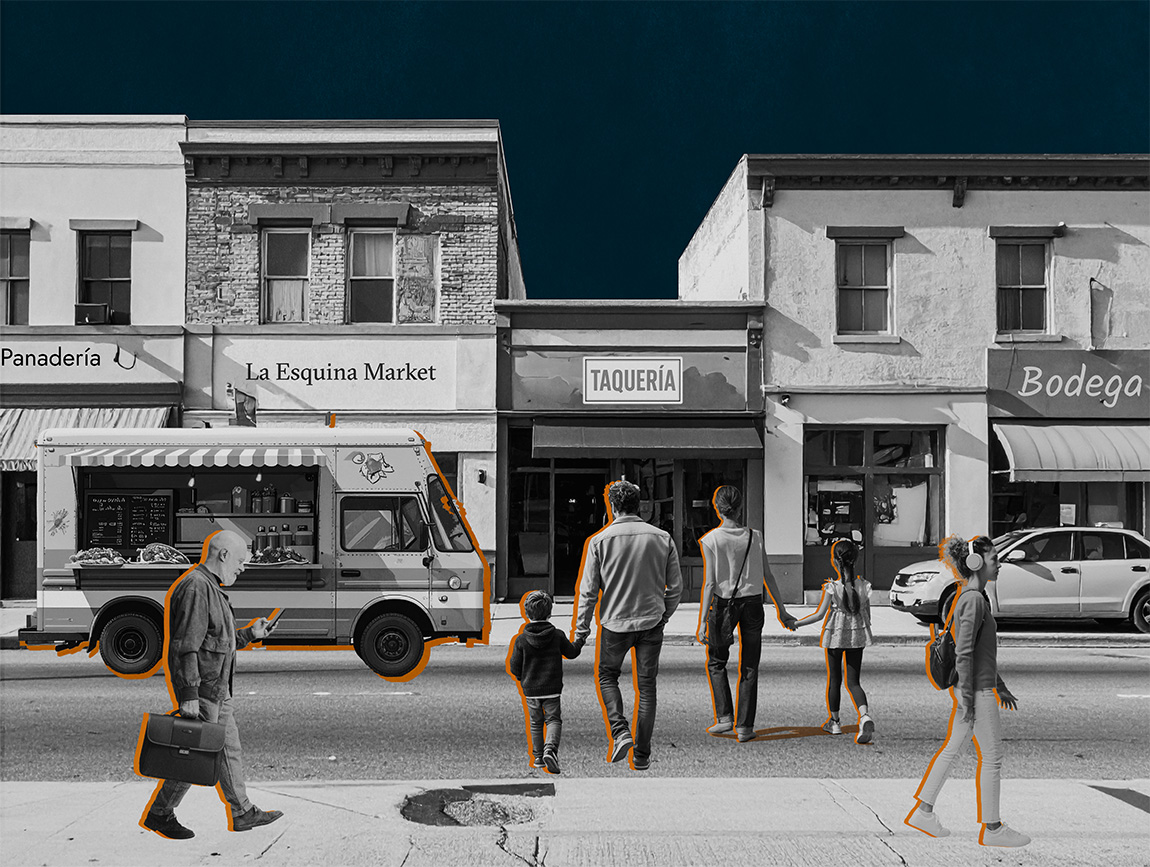
The Rise of Latino America
In The Rise of Latino America, Hernandez & Kotkin argue that Latinos, who are projected to become America’s largest ethnic group, are a dynamic force shaping the nation’s demographic, economic, and cultural future. Far from being a marginalized group defined by oppression, Latinos are integral to America’s story. They drive economic growth, cultural evolution, and workforce vitality. Challenges, however, including poverty, educational disparities, and restrictive policies, threaten their upward mobility. Policymakers who wish to harness Latino potential to ensure national prosperity and resilience should adopt policies that prioritize affordability, safety, and economic opportunity over ideological constraints.
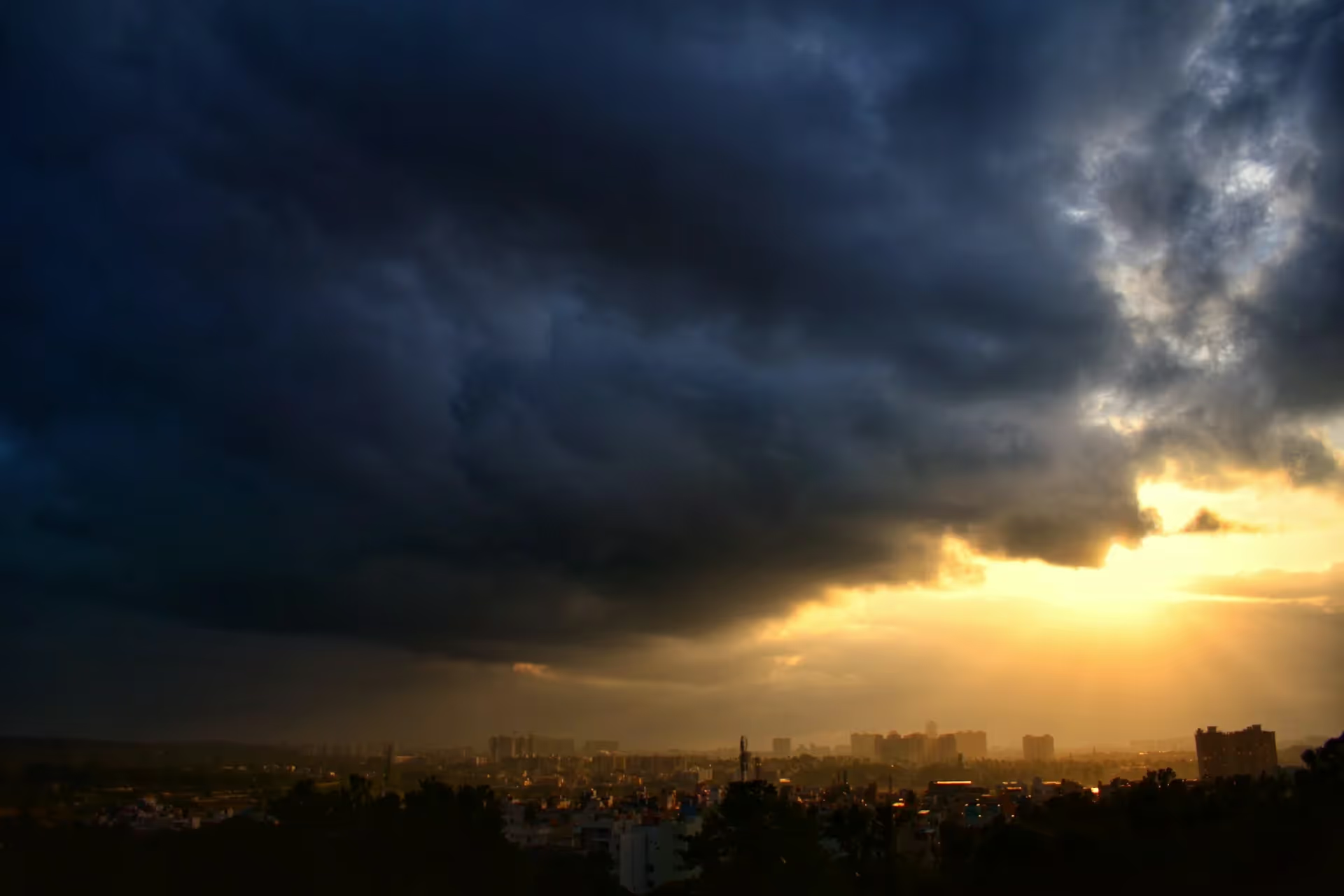
Exodus: Affordability Crisis Sends Americans Packing From Big Cities
The first in a two-part series about the Great Dispersion of Americans across the country.
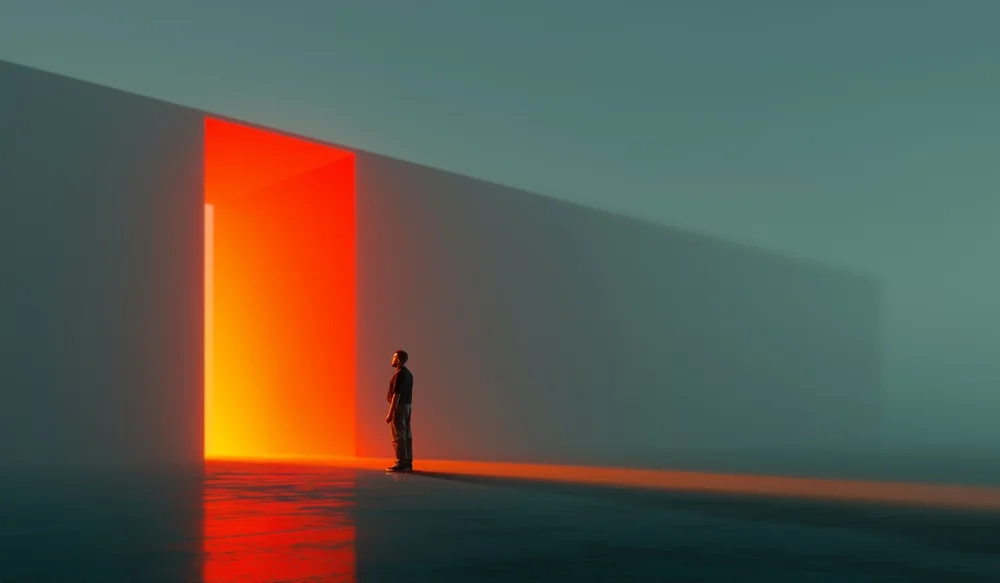
The AI Future: Between Certain Doom and Endless Prosperity
AI continues to become more complex and sophisticated, but public policy solutions do not.
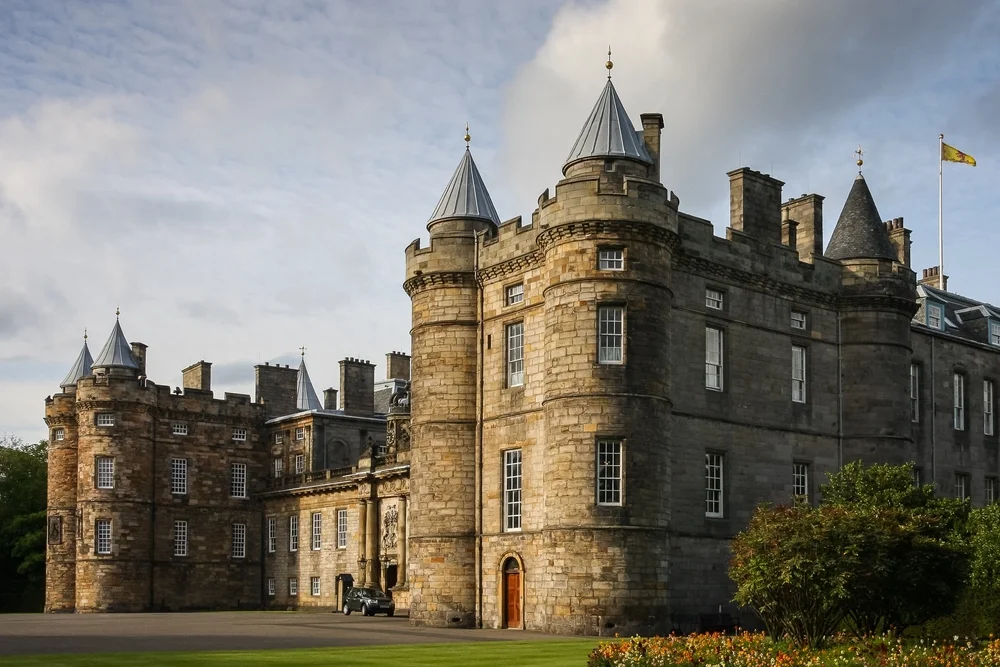
The Castle, the Cathedral, and the College
Our civilization struggles to explain why anything should command allegiance beyond preference or power; its remnants echo a grandeur now distant.


